Following the success of the first session dedicated to lessons learned in the configuration of hydrogen valleys, Hydrogen Territories Platform, in collaboration with the Clean Hydrogen Mission and the Spanish Hydrogen Valleys Alliance, announces the second session of the cycle, focused on competitiveness models.
From lessons learned to global competitiveness
On November 17th, Session 1 – Hydrogen Valleys: Lessons Learned in Their Configuration took place, bringing together leading international experiences such as BIG HIT (Scotland), BH2C, GREENHYSLAND, CylH₂Valley, and H₂ Chile. The session highlighted the importance of strategic planning, technological innovation, and public-private collaboration as fundamental pillars for the development of regional clean hydrogen ecosystems.
Participants gained first-hand insights into how different regions are designing and managing their hydrogen valleys, sharing best practices that can be replicated across Europe, Latin America, and other regions worldwide.
Session 2: building competitive and sustainable valleys
Having established the conceptual and strategic foundations, the cycle now advances toward a critical aspect for the global deployment of hydrogen: competitiveness.
📅 Date: December 1st, 2025
🕐 Time: 15:oo – 16:30
🔗 Registration link
What will be addressed in this session?
Session 2 – Hydrogen Valleys: Competitiveness Models will explore how to build hydrogen valleys that are competitive, sustainable, and capable of attracting investment to reach Final Investment Decisions (FID).
Agenda:
- Hydrogen Territories Platform: Strategic framework for territorial hydrogen development
- Hydrogen Valley Facility: Support instruments for hydrogen valley deployment
- AdvancedH2Valley and other projects under deployment: Real experiences in Spain
- E-fuels production as a seed for H₂ and CO₂ hubs: Insights from the HyFive project
Why is this session key?
Hydrogen valleys are considered a fundamental building block to accelerate the energy transition at regional and global scales. However, their success depends not only on technical capacity but also on factors such as:
- Solid and scalable business models
- Capacity to attract private investment
- Integration of complete value chains
- Generation of synergies across sectors (mobility, industry, energy)
- Economic and environmental sustainability
This session will provide a clear vision of the criteria that determine hydrogen valley competitiveness, the available instruments to drive their maturity, and how these learnings can be applied in diverse international contexts.
A leading international cycle
The sessions dedicated to hydrogen valleys within the International Webinar Cycle of the Clean Hydrogen Mission, organized in collaboration with the Spanish Hydrogen Valleys Alliance, have become a reference space for understanding how different regions are shaping clean hydrogen ecosystems.
Through real cases, practical experiences, and shared learnings, these sessions enable participants from around the world to access actionable knowledge and connect with key players in the hydrogen ecosystem.
👉 Don’t miss this second session. Register here: Registration link
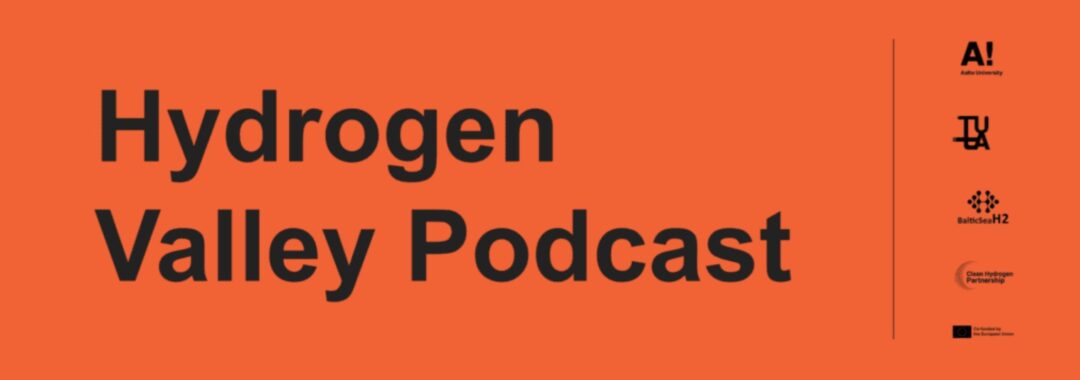
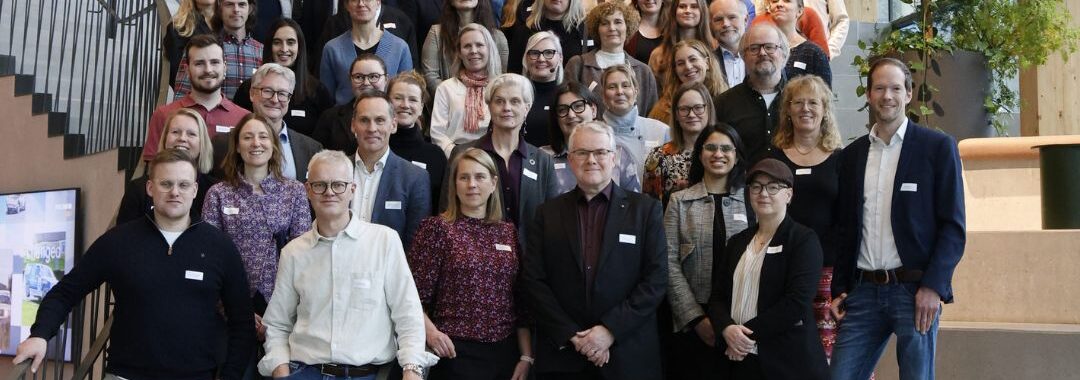
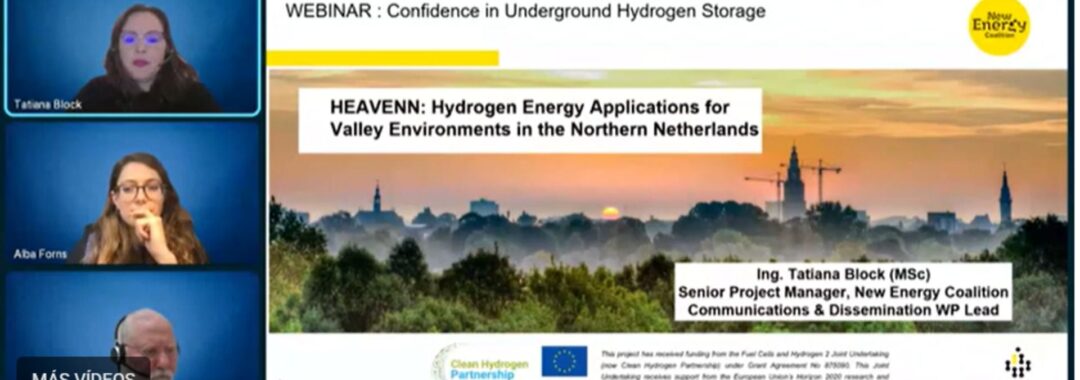


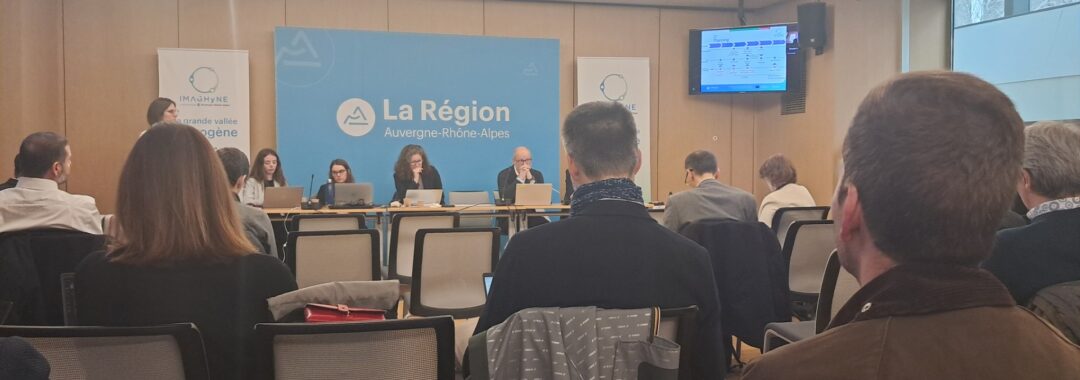
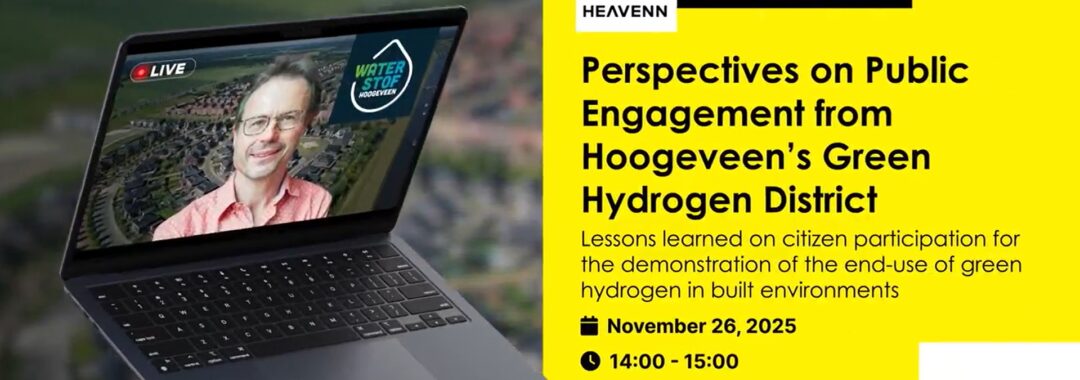
 This webinar is part of HEAVENN. HEAVENN is funded by the Fuel Cells and Hydrogen 2 Joint Undertaking (now Clean Hydrogen Partnership) under grant agreement No. 875090. This Joint Undertaking receives support from the European Union’s Horizon 2020 research and innovation programme, Hydrogen Europe, and Hydrogen Europe Research. This page reflects the views only of the author, and the Fuel Cells and Hydrogen 2 Joint Undertaking (now Clean Hydrogen Partnership), under the powers delegated by the European Commission, is not responsible for any use that may be made of the information it contains.
This webinar is part of HEAVENN. HEAVENN is funded by the Fuel Cells and Hydrogen 2 Joint Undertaking (now Clean Hydrogen Partnership) under grant agreement No. 875090. This Joint Undertaking receives support from the European Union’s Horizon 2020 research and innovation programme, Hydrogen Europe, and Hydrogen Europe Research. This page reflects the views only of the author, and the Fuel Cells and Hydrogen 2 Joint Undertaking (now Clean Hydrogen Partnership), under the powers delegated by the European Commission, is not responsible for any use that may be made of the information it contains.
